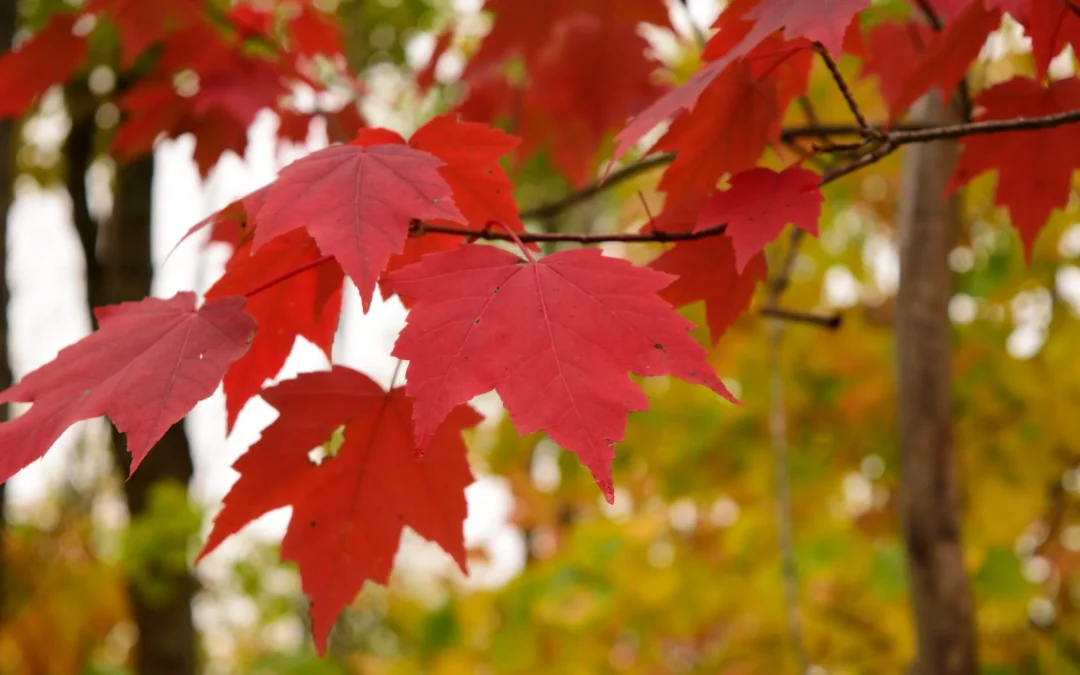I am not really a flag guy. I don’t like them. They flatten complex ideas, communities, and identities into simple, two-dimensional images and have historically served as instruments of discipline that evacuate politics and ideas of any depth of meaning. They are a technology of reification. That is their whole point, of course; when a state invites its citizens to “rally ‘round the flag,” it wants them to think about the flag and simple pieties like home and hearth.
So, you will rarely find a flag in my social media profile, on my lapel, or in my house. That is true even today, which is Flag Day in Canada, when our leaders have asked us to display the Maple Leaf Flag to mark the 60th anniversary of its adoption, and as a demonstration of patriotism in these difficult times. Make no mistake, I am a patriot though, like George Orwell, I regard this as something rather different than nationalism. I guess I could sum up my patriotism as a profound devotion to my Canadian family and friends, and the extended family beyond that, to the shared values and customs of the population of a particular geographical location, and a commitment to defend them.
I don’t believe that Canada is “the greatest country in the world” (I don’t even know how one might judge that), but I do believe that it is the best country for me, its son. It is something worth defending and I feel an obligation to work for the welfare of its people, my fellow Canadians. That’s patriotism.
As Orwell noted, nationalism is “the habit of assuming that human beings can be classified like insects and that whole blocks of millions or tens of millions of people can be confidently labelled ‘good’ or ‘bad,'” but more importantly,” the habit of identifying oneself with a single nation or other unit, placing it beyond good and evil and recognizing no other duty than that of advancing its interests.” That’s the province of flags, those banners that flatten everything.
I am well-aware of my country’s history, too-aware to place it, both as a state and as a community, “beyond good and evil.” We Canadians have failed, most often in our treatment of Indigenous people and, of course, in the genocidal fact of our historical existence. We have never quite achieved the lofty standards of justice and decency that we so often claim for ourselves. The nationalist wraps themselves in the flag and drapes it over our history to conceal these shortcomings. The patriot’s highest vocation is to tear the flag away and to reveal our flaws and demands that we can be better.
So, you’ll get no flags from me today. You will get a maple leaf. As symbols go, the maple leaf is one of the very best. It is common and tied to our history and our environment. One needn’t reach into the heavens to grasp one, like the American star, nor chain it to a roost like the Russian eagle. It is a peoples’ symbol, that you can reach out and touch. If you pluck a maple leaf from a branch, the tree still thrives and will grow a new one. The maple leaf represents resilience and the capacity of nature to renew itself, once green, then red, now green again. And in all its phases of color and variations of shape, it is one of the most beautiful things that nature, and not the human hand, creates.
Flags represent states, reduced to mind-numbing simplicity. The maple leaf represents infinite variety, diversity, and all the experiences, both unique to each one of us, and shared, that makes us Canadians.
I will note, however, that the Canadian Maple Leaf Flag, adopted six decades ago, is an utter marvel of design. It is simple, recognizable, and powerful. Any child can scribble one in their Hilroy without a thought. It is, to me, the most aesthetic pleasing of all flags and, in its elegance and simplicity, its unencumbered visual rhetoric that says “look: here’s a leaf!” it succeeds better than most. I contrast it to the labored, high-concept stars and stripes of the flag of the United States, that no child can easily draw, and whose vulgar gaudiness fails by every aesthetic measure, while still, to be fair, conveying much truth about the United States.
And that, in the end, is something worth celebrating.


Nice. Thanks for inviting me.